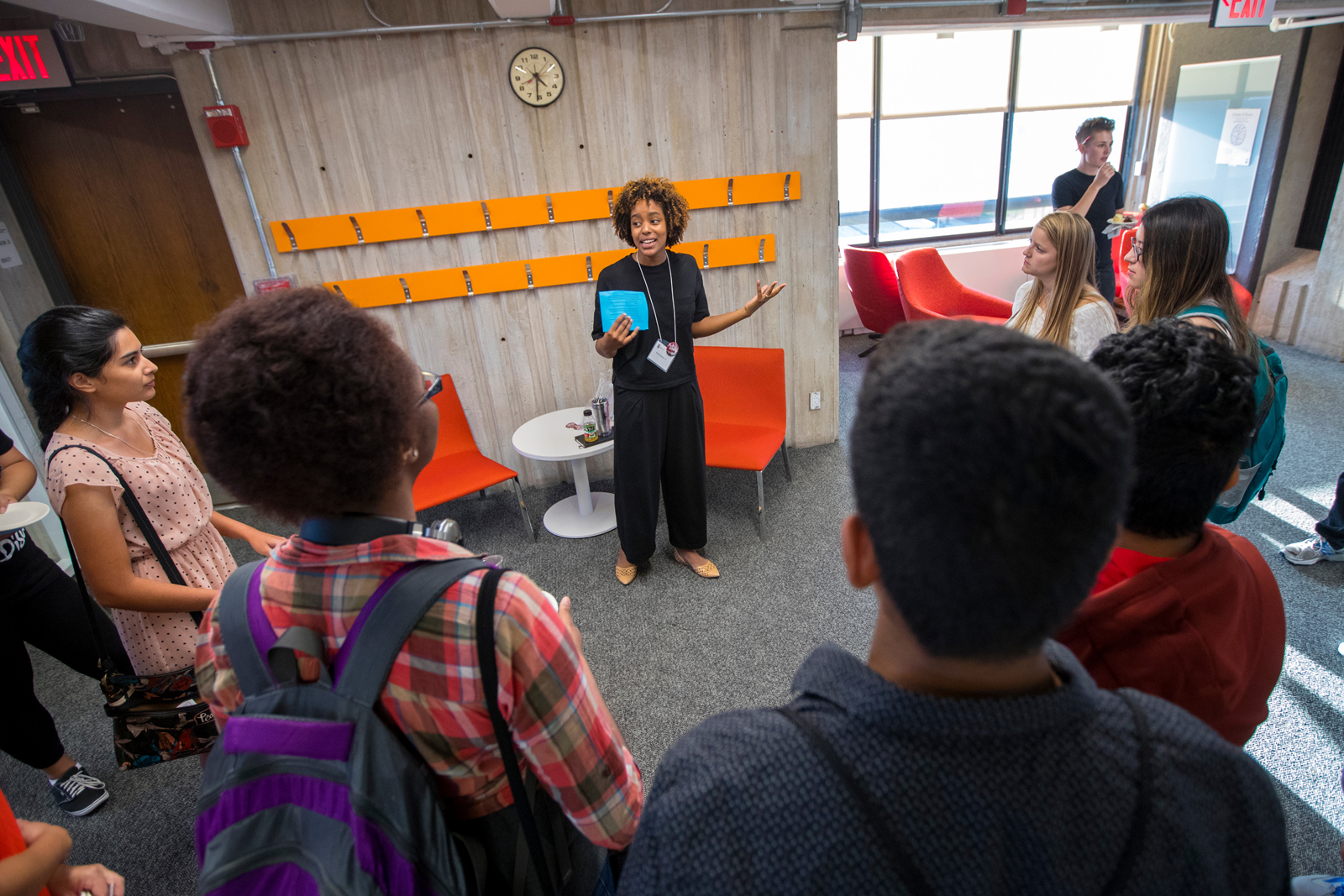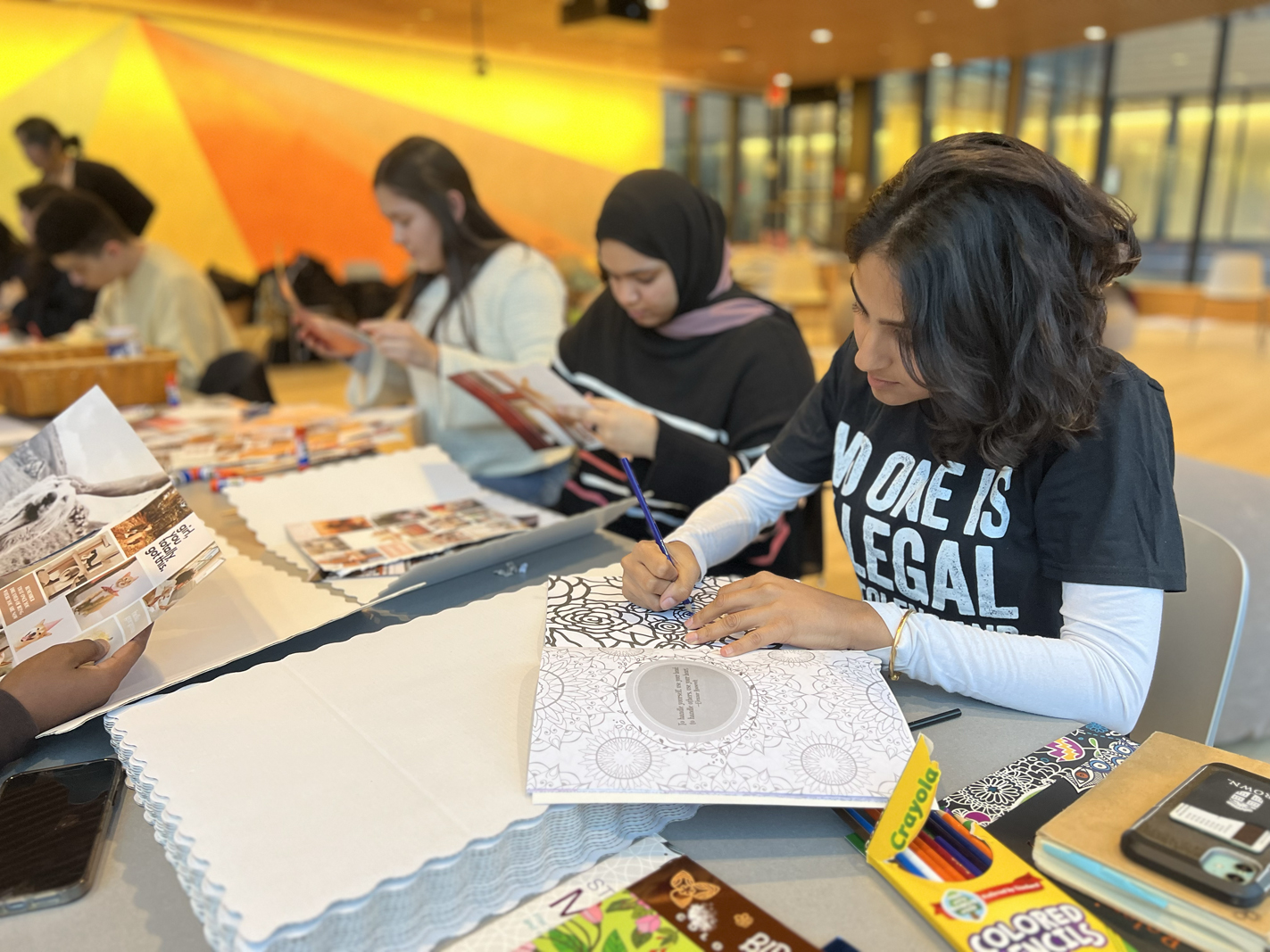PROVIDENCE, R.I. [Brown University] — Ten years ago, a small group of students from Brown University’s Class of 2016 gathered on campus to share their successes and struggles as first-generation college students.
That conversation, in which they increasingly realized their experiences were not isolated, inspired them to create 1vyG, a way for first-generation, low-income students to connect and empower one another. More than 300 students attended the first 1vyG conference at Brown in early 2015.

By that fall, accelerated by a steady stream of student-driven advocacy, Brown University committed to establishing a center to support this population of students, formalizing the goal in its Diversity and Inclusion Action Plan. Less than one year later, the center opened with the start of the 2016-17 academic year.
To mark a first decade of growth and revisit the legacy of student initiatives that helped lay the foundation for Brown’s Undocumented, First-Generation College and Low-Income (U-FLi) Student Center, the 1vyG conference will return to Brown this month for the first time since its inaugural conference nearly a decade ago.
Julio Reyes, a Brown Class of 2012 graduate who has served as the director of the U-FLi Center since 2017, said it was fitting for 1vyG to return to its roots to mark its first decade of impact.
“Because the conference was first started at Brown by students who were interested in building support systems for first-gen students, we thought it was important to bring it back to Brown,” Reyes said. “It just felt natural.”
From Friday to Sunday, Oct. 11-13, more than 150 students and administrators from 29 colleges and universities across the country will convene on campus for workshops, discussions, community-building events and more.
